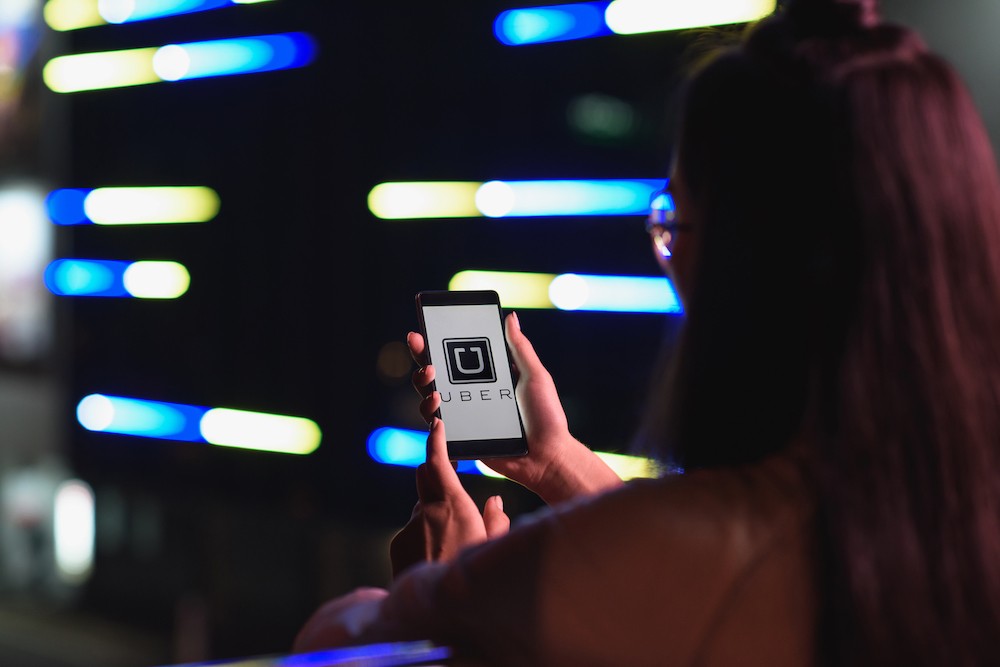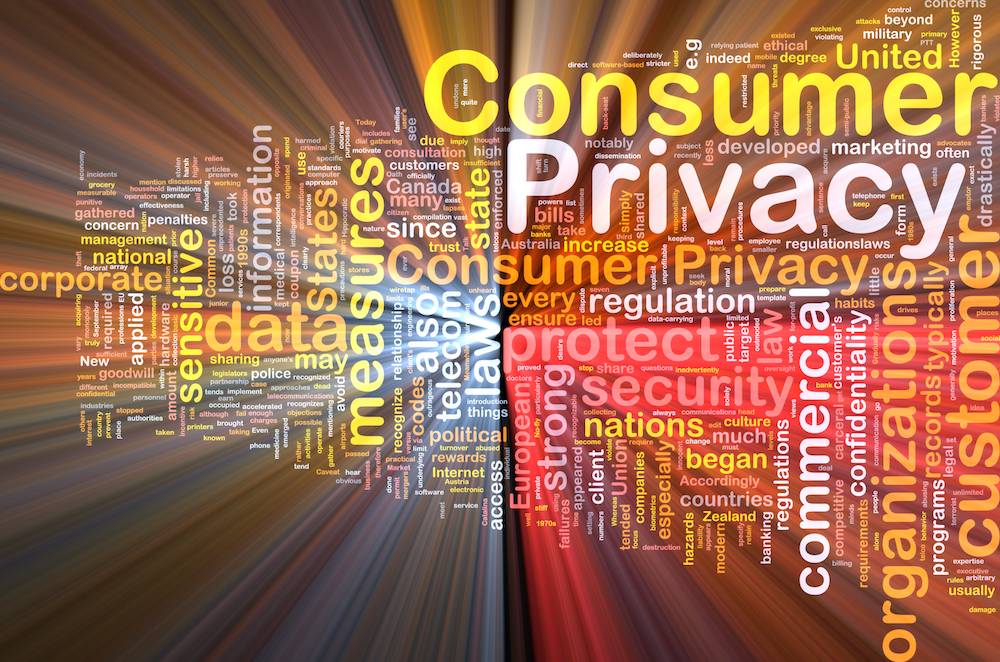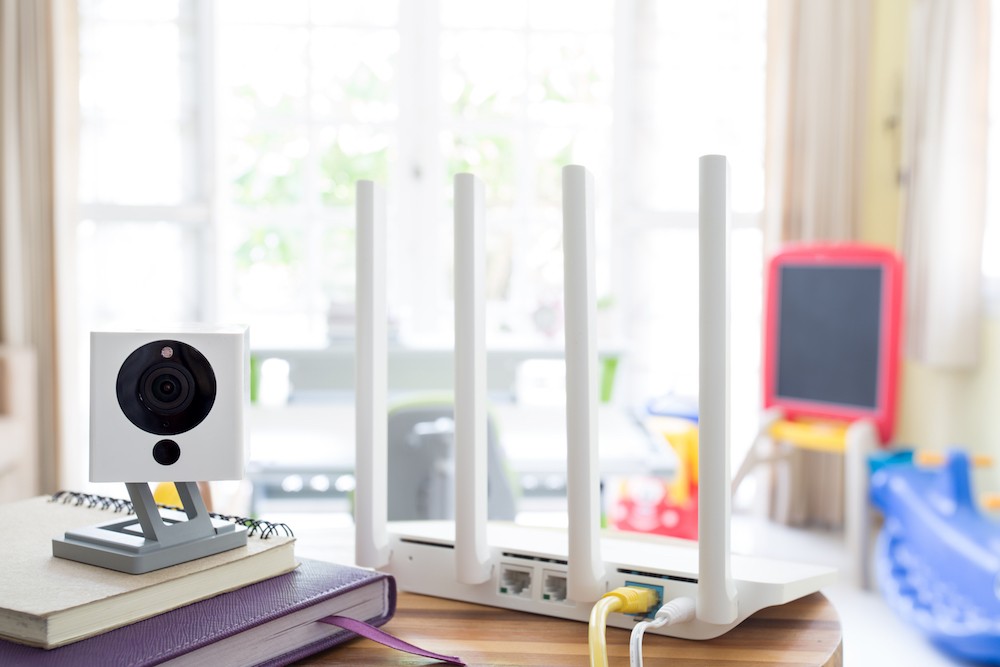Uber was hacked in 2016, revealing the personal information of 600,000 Uber drivers and 57 million Uber passengers. If you joined Uber in or prior to 2016, there’s a good chance your data was exposed in the Uber Data Breach. Why are you learning about this now? Because on August 20, 2020, the Federal Trade Commission filed a criminal complaint against Joseph Sullivan, Uber’s former Chief Security Officer, because he not only didn’t report the crime, he actively worked to “conceal, deflect, and mislead the Federal Trade Commission about the breach,” according to the FTC.
About the Uber Data Breach
This wasn’t even the first time that Uber had been hacked: Uber had been breached in 2014, and Sullivan was selected by Uber to respond to the FTC’s inquiries into that data breach.
Penalties for Uber Exec Who Covered Up Data Breach











